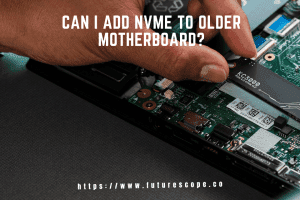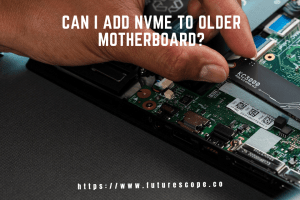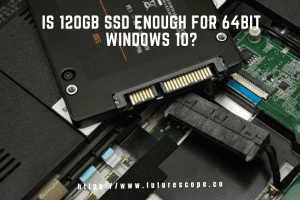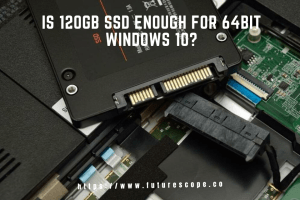What We Have Covered in This Article
Last Updated on January 8, 2023 by Editor Futurescope
Overclocking a graphics card will typically reduce its lifespan, as the extra stress on the components can lead to premature failure. However, some users are willing to take this risk in order to get higher performance out of their hardware. It is important to remember that overclocking voids most warranties, so be sure to do your research before taking this step.
Overclocking your GPU can definitely reduce its lifespan, but there are a few things to keep in mind. First, overclocking voids most warranties, so you’re on your own if something goes wrong. Second, it’s important to know what you’re doing before you start overclocking- if you don’t know how to overclock properly, you could damage your GPU beyond repair.
That being said, if you do know how to overclock and you’re willing to take the risk, it can be a great way to get more performance out of your graphics card. Just remember that your mileage may vary- some GPUs can handle overclocking better than others, so it’s always a good idea to do your research before you start messing with any settings.
Does Overclocking Reduce The Life of A CPU or GPU?
Does Overclocking Reduce CPU Lifespan?
Overclocking is the process of speeding up a computer or electronic device by making changes to its internal components. It can be done to improve the speed and performance of the device, or to save money on energy costs by running the device at a lower speed. Overclocking can void warranties and cause damage to devices, so it’s important to know what you’re doing before you start.
If you’re not careful, you could end up damaging your CPU or other components. CPU lifespan is determined by a number of factors, including manufacturing quality, operating temperature, and how often the CPU is used. Overclocking can shorten a CPU’s lifespan by increasing heat and stress on the chip.
However, if done correctly, overclocking can help extend the life of your CPU by preventing it from throttling down when not in use. If you’re considering overclocking your CPU, be sure to research thoroughly and take all necessary precautions. With a little bit of care, you can enjoy the benefits of overclocking without reducing the lifespan of your processor.
Does Overclocking Reduce Lifetime?
Overclocking is the process of running a computer component at a higher speed than it was designed for. This can give your system a significant performance boost, but it also comes with some risks. One of the potential risks of overclocking is that it could shorten the lifetime of your components.
However, it’s important to note that this isn’t necessarily true in all cases. For example, if you overclock your CPU within its safe operating limits, then there’s a good chance that you won’t see any negative impact on its lifespan. In fact, many CPUs are actually designed to be overclocked to some extent.
Of course, pushing your components too hard can definitely shorten their lifespan. If you overclock your CPU beyond its safe limits, for example, then you may start to see premature degradation and failure. So while overclocking doesn’t always reduce lifetime, it can if you’re not careful.
If you do decide to overclock your system, just be sure to do your research first and make sure you know what you’re doing. That way, you can avoid any potential pitfalls and keep your system running strong for years to come.
How Long Will a Overclocked GPU Last?
Overclocking your GPU can help improve its performance, but it also comes with risks. If done improperly, it can shorten the lifespan of your GPU. So how long will an overclocked GPU last?
It depends on a few factors, such as how much you overclock it and how well you take care of your card. In general, though, you can expect an overclocked GPU to last about 3-5 years before starting to show signs of wear. Of course, this is just a rough estimate – some GPUs may last longer while others may start showing problems sooner.
It really depends on how lucky you are with your particular card. If you want to get the most out of your overclocked GPU, be sure to follow these tips:
1. Keep Your Card Cool
One of the biggest enemies of any electronic device is heat. When you overclock your GPU, it generates more heat than usual. This can put strain on the components and shorten its lifespan.
To help offset this, make sure your card has good cooling. A quality aftermarket cooler can do wonders for longevity (just be careful not to overcool and damage other components). You should also keep an eye on temperatures and make sure they don’t get too high during use.
2 . Use High-Quality Components
Another factor that determines how long an overclocked GPU will last is the quality of the components used in the build . If you use cheap or faulty parts, there’s a good chance they will fail sooner than expected. This could lead to all sorts of issues, including instability, crashes, and even permanent damage. As such, it’s important to use high – quality parts when building or upgrading your rig. This includes things like power supplies, motherboards, RAM, storage drives, and graphics cards. Spending a little extra upfront can save you a lot of headaches down the road.
3 . Don’t Overdo It
Just because your card can handle being overclocked doesn’t mean you should push it to its limits . Remember : The goal is to get better performance without sacrificing stability or reliability.
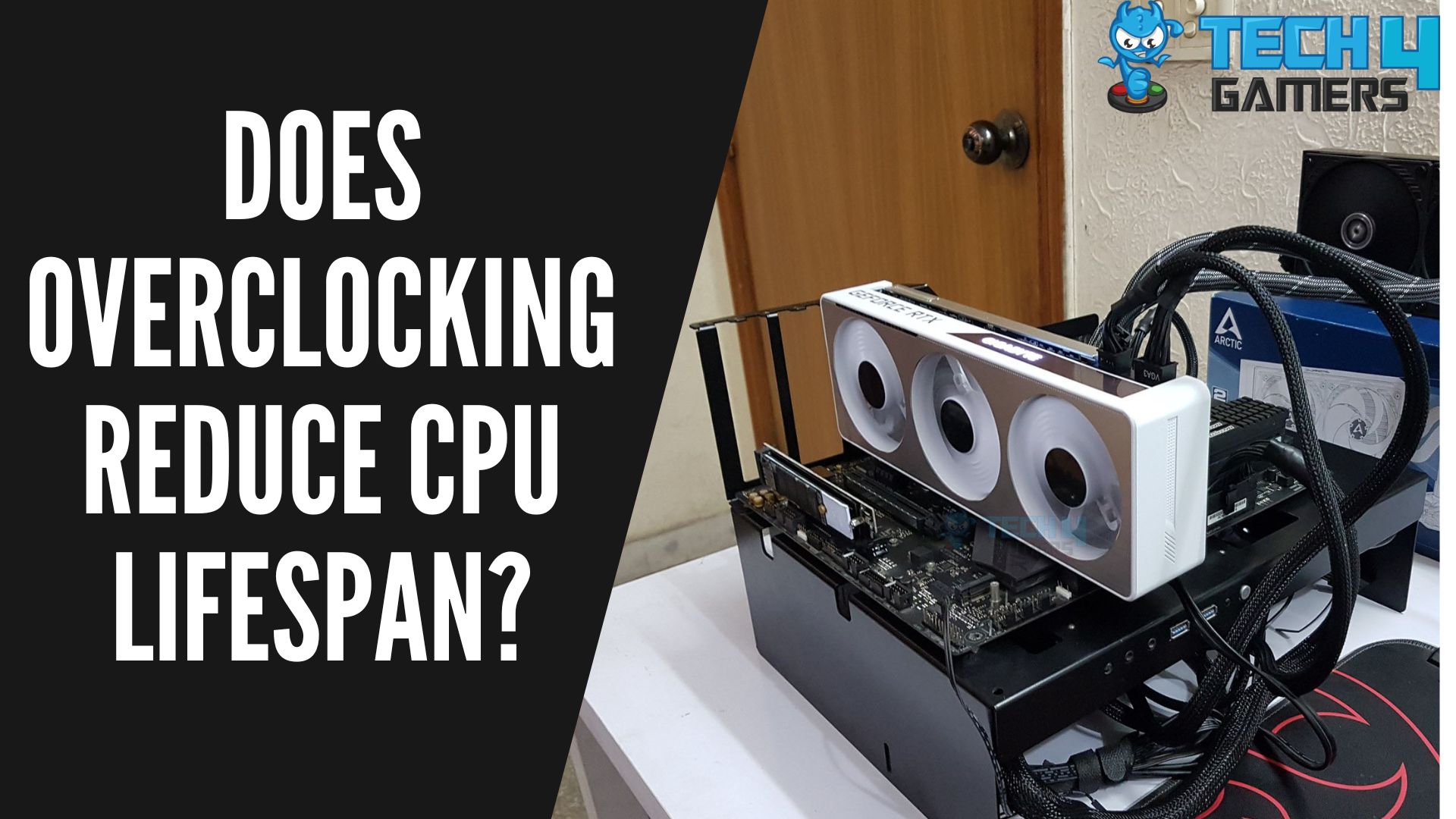

Does Overclocking GPU Increase FPS?
If you’re a PC gamer, you’ve probably heard of overclocking. Overclocking is the practice of running your computer’s hardware at higher than its rated speed in order to boost performance. While overclocking has been around for decades, it’s only recently that GPUs have become easy to overclock.
So, does overclocking GPU increase FPS? The short answer is yes, it can potentially increase your FPS by a small margin. However, there are also some risks involved with overclocking, so it’s not something we would recommend for everyone.
In this article, we’ll go over what exactly overclocking is and whether or not it’s worth the risk for gamers who want to eke out every last bit of performance from their PCs. Overclocking Basics As we mentioned earlier, overclocking is the practice of running your computer hardware at speeds above its rated speed.
This can be done with both CPUs and GPUs, but today we’ll just be focusing on GPUs. When you overclock a GPU, you’re essentially pushing it beyond its limits in order to wring out every last drop of performance. Of course, there are risks involved with doing this since you’re essentially asking your hardware to do more than it was designed to do.
If done incorrectly, you could damage your hardware or even void your warranty. For these reasons, we only recommend overclocking if you know what you’re doing and are willing to accept the risks involved. That being said, let’s take a look at how you can overclock your GPU and what benefits (if any) it might provide.
How To Overclock Your GPU
There are two main ways to go about overclocking your GPU: manually or using an automatic utility like MSI Afterburner or EVGA Precision XOC.
We won’t be covering automatic utilities here since they generally don’t offer much in terms of customization or control.. Instead,, we’ll focus on manual overclocking since it gives you more control over the process and allows you to better understand what exactly is happening when you push your GPU beyond its limits.
Does Overclocking Damage GPU?
Overclocking is the process of pushing a computer component beyond its stock speed in order to increase performance. It’s a popular technique among PC enthusiasts, and it can be done with both CPUs and GPUs. While overclocking can lead to increased performance, it also comes with some risks.
The most significant of these is that overclocking can damage your hardware. This is because when you push a component beyond its recommended speed, you’re putting extra stress on it which can lead to premature failure. There are a few things you can do to minimize the risk of damaging your hardware when overclocking.
First, make sure you have good cooling in place. Overheating is one of the most common causes of hardware damage when overclocking. Second, start with small increases to your clock speeds and gradually work your way up.
And finally, pay attention to how your system is performing while overclocked—if you see any instability or crashes, back off on the clock speeds to avoid damaging your hardware. Overall, overclocking is a risky proposition but one that can pay off in terms of increased performance. Just be sure to take care of your hardware and go slowly when pushing it beyond its limits.
Does Overclocking Your GPU Damage It?
Overclocking your GPU can damage it, but it is not likely. If you overclock your GPU and it does become damaged, it is usually because of overheating. Overclocking your GPU will make it run hotter, so you need to make sure that you have proper cooling for your GPU.
If you do not have proper cooling, or if your cooling fails, then your GPU can overheat and be damaged.
Is It Worth to Overclock GPU?
Overclocking is the process of speeding up a computer or electronic device by increasing its operating frequency. This can be done by increasing the clock rate, which increases the number of operations that can be performed per second. Overclocking is usually done to improve the performance of a system, especially in games and other graphics-intensive applications.
GPUs are often overclocked in order to increase gaming performance, as they are able to render frames at a higher rate than what is possible with the stock settings. However, there are some risks associated with overclocking GPUs, as it can lead to instability and overheating if not done correctly. It is therefore important to research how to overclock your GPU safely before attempting it.
Overall, overclocking your GPU can lead to increased gaming performance, but it is important to do so safely in order to avoid any potential problems.
Conclusion
Overclocking is the process of increasing a component’s clock rate, running it at a higher speed than it was designed for. For GPUs, this means pushing the chip to run faster than its stock settings. Overclocking can lead to increased performance in games and other applications, but it also comes with some risks.
One of those risks is reduced lifespan for the GPU. GPUs are built to withstand a certain amount of heat and stress, and running them outside of their design specifications can shorten their lifespan. Overclocking puts additional strain on the GPU which can lead to premature failure.
In addition, overclocking voids most manufacturers’ warranties so if something does go wrong, you’re on your own. So, does overclocking reduce GPU lifespan? Yes, it can but not by very much.
If you take proper care of your GPU and don’t push it too hard, you should be able to get years of use out of it even with some moderate overclocking.






